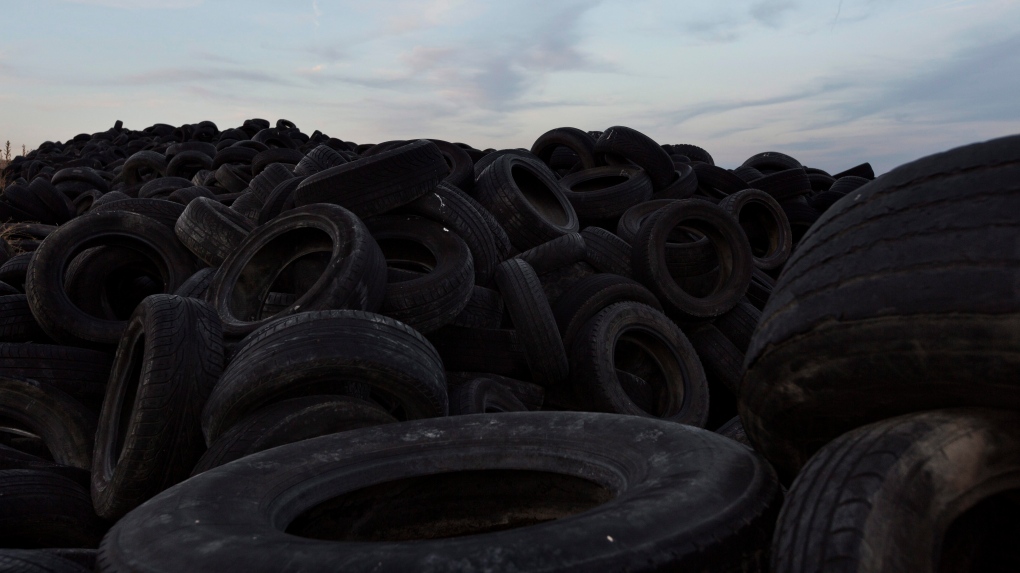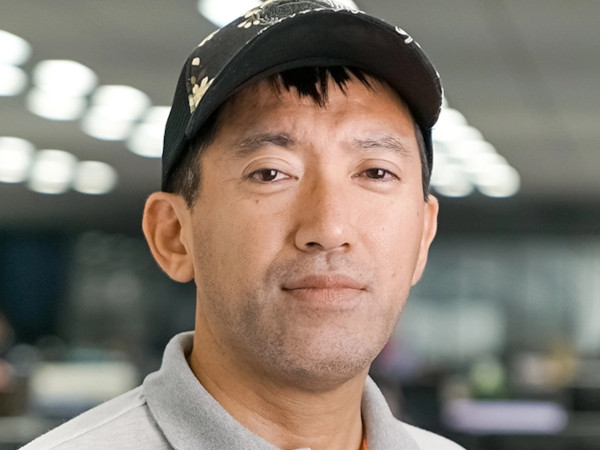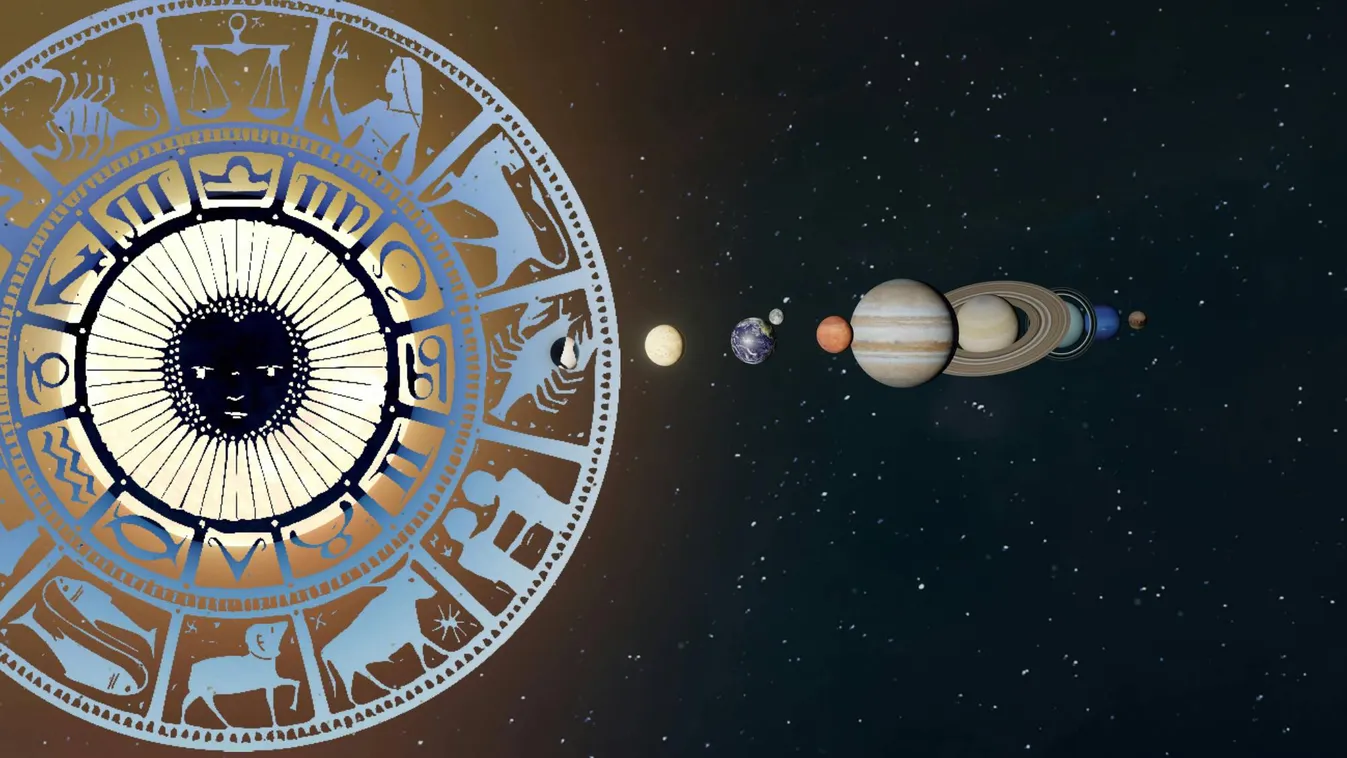The findings suggest that in addition to the developmental aphantasia seen in adulthood — a lack of imagination — there may also be a genetic form of aphantasia that can be observed even in childhood — read ELKH’s announcement Wednesday.
As written, human imagination is perhaps the most subjective mental function, so it is difficult to compare the imaginative functioning of individuals. The vitality of the imagination ranges from aphantasia, that is, the complete absence of imagination, to the excess of fantasy, that is, a very vivid imagination.
They point out the fact that investigations into the work of fiction have so far mainly focused on capturing this subjective phenomenon in some way and making it measurable. In the framework of previous research using questionnaires, experiments and brain imaging methods, the activity of the imagination of adults was mainly studied, so it was not revealed from these studies whether the vitality of the imagination characteristic of the individual changes with age, or what transformation the imagination undergoes. during development.
This time around, the researchers were curious about the percentage of people living with aphantasia in the population. In an online survey, people of different ages were asked to fill out a simple questionnaire (Visual Visibility Questionnaire, VVIQ).
More than 2,000 respondents between the ages of 12 and 60 took part in the questionnaire published by the study’s first author, Erzsébet Gulyás. During the filling, the participants had to imagine some simple scenes, then they had to rate how clearly they were able to remember some details.
“Because the sample is not representative, it would be difficult to accurately determine the incidence of aphantasia based on the current study, but the researchers observed a sudden and previously unknown negative age trend. According to this, it is not just the number of aphantasia, and they concluded that the number of cases of hyperaphantasia varies with ages. in groups.
Based on the survey, it is remarkable that while 80 percent of teens are extremely energetic, reporting fantasizing over 60 on a 100-point scale, there is absolutely no aphantasia among them under 20, while over The oldest 20 percent actually belong to the aphantasia group, and hardly more than 20 percent are hyper-fantasies.
Based on the results, the researchers depicted the hypothetical development of the human imagination. While the majority of children may be in the hyper-imaginative realm, adults have less imagination, and as they age, more and more people “slip” into the fantasy realm.
In addition to developmental aphantasia that occurs in adulthood, there may also be a genetic form of aphantasia that can be observed even in childhood. Representatives of the Global Network of People Living With Aphantasia also noted the new result, and said that on September 30, 2022, there will be a live online presentation and discussion with the participation of people with Aphantasia all over the world.
According to the report, the survey continues, it is possible to fill out the VVIQ questionnaire at https://www.afantazia.hu/.
(MTI)











































